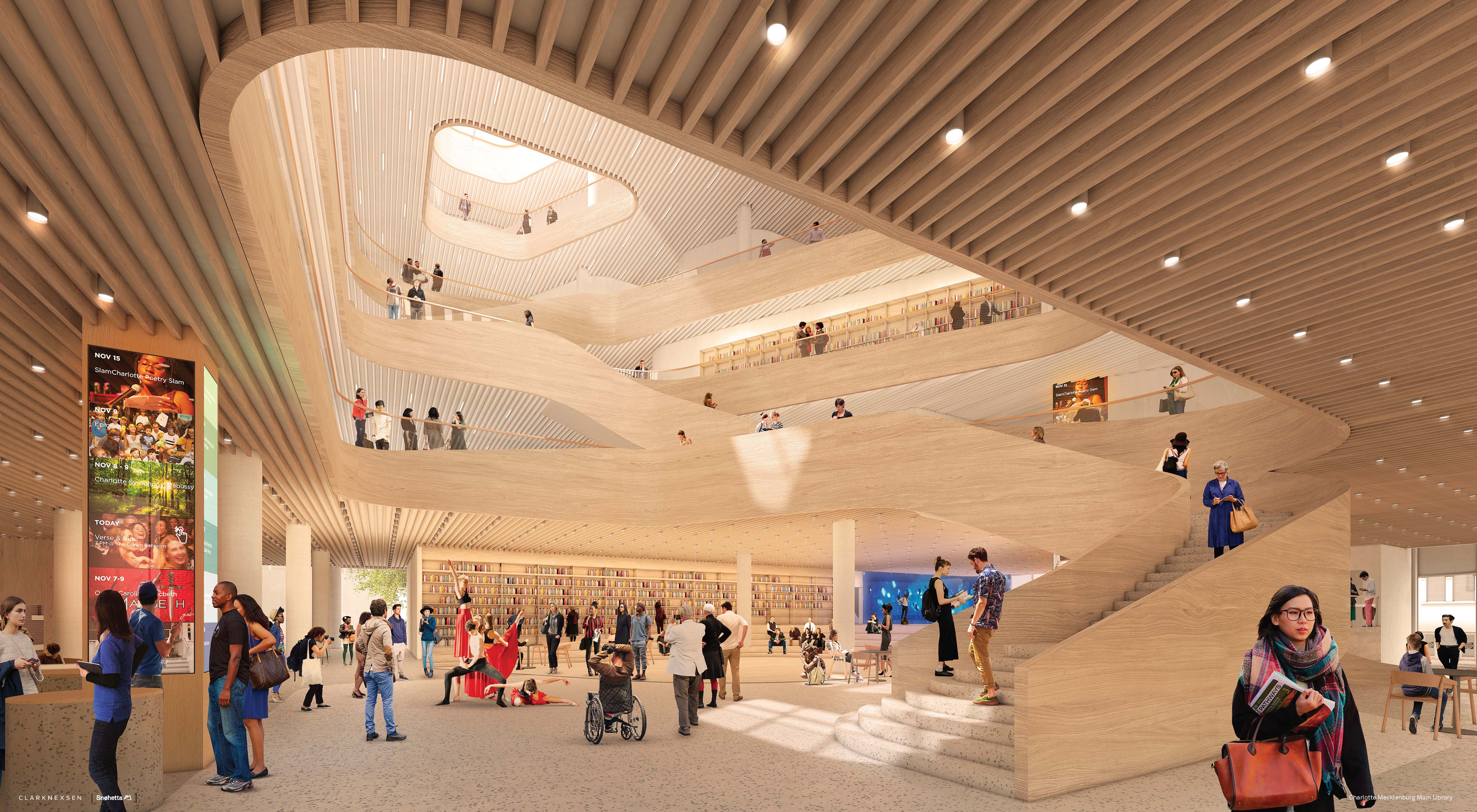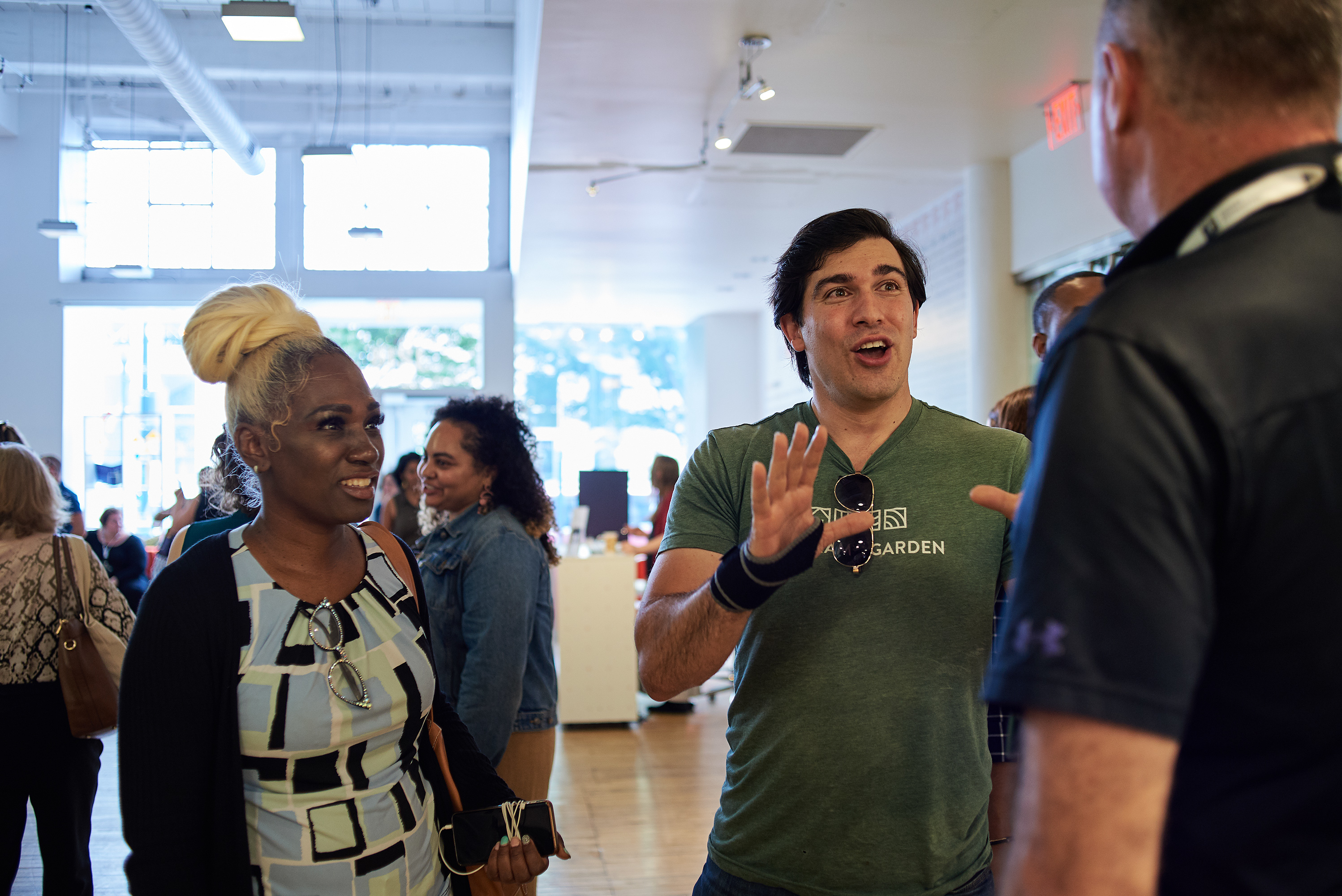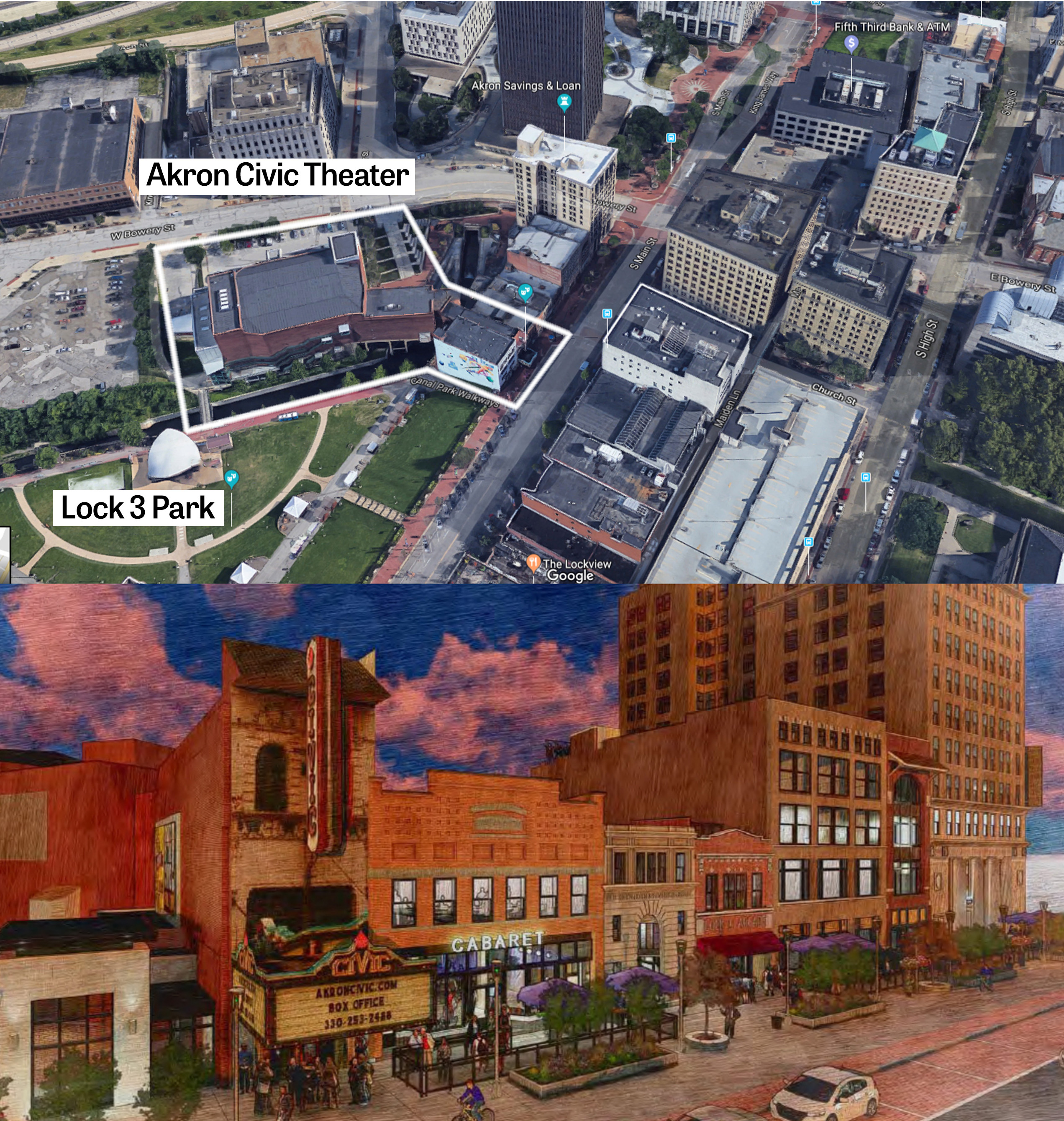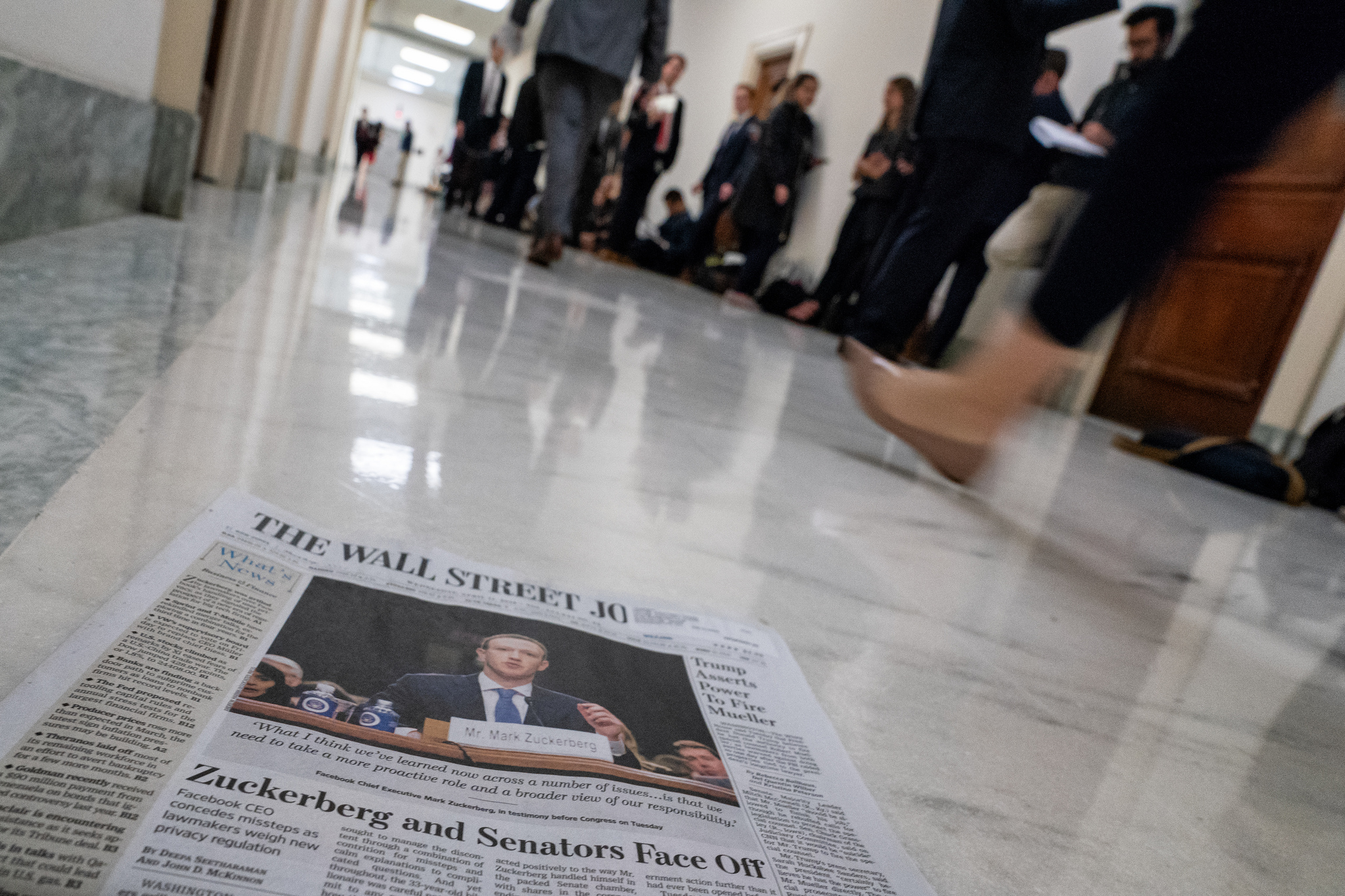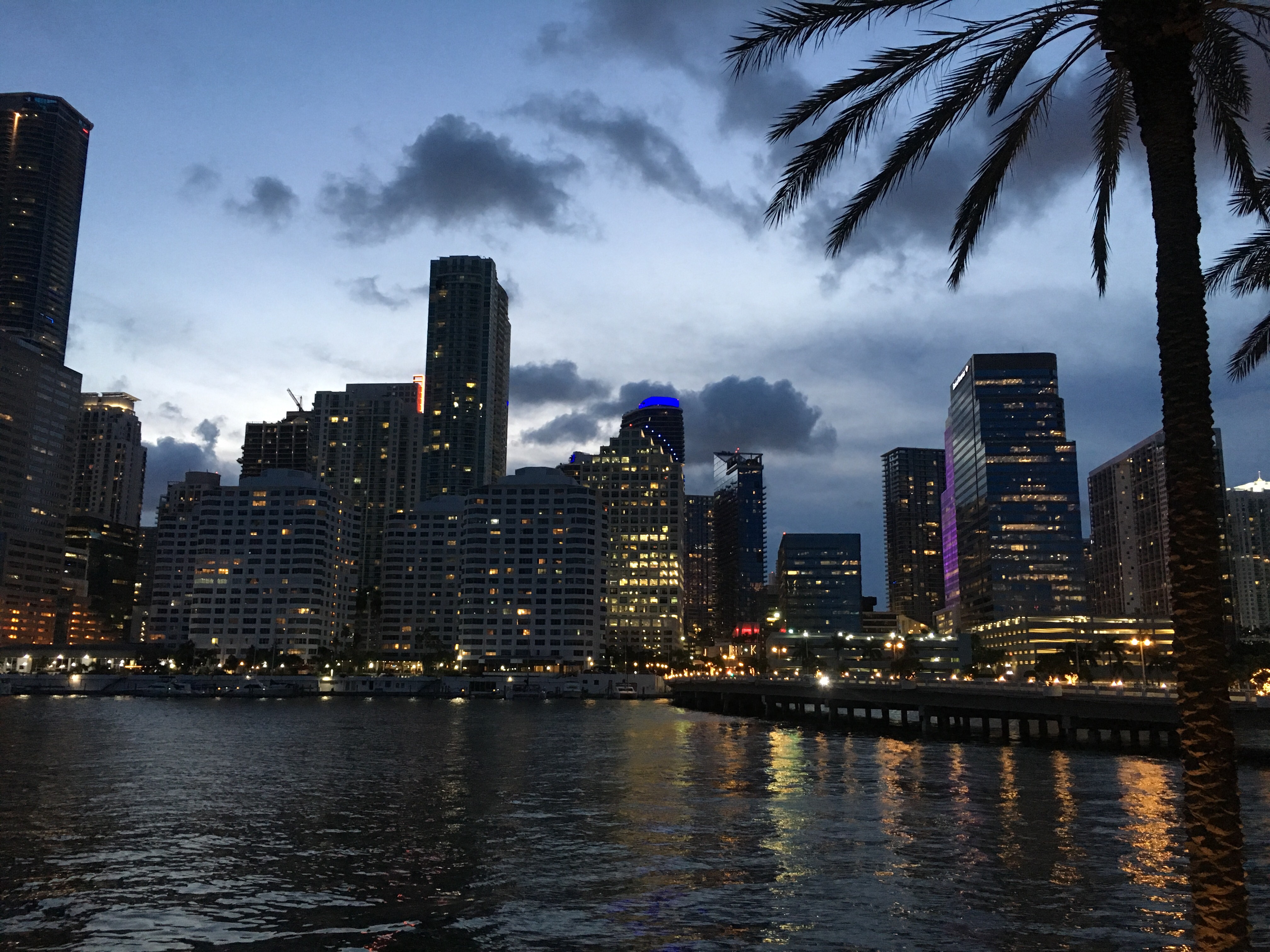-
-
-
-
-
-
-
ArticleA new narrative is being written as St. Paul takes its place as a vibrant urban hub. Downtown St. Paul is at the center of that new narrative, and our work at Knight Foundation is to accelerate that change as St. Paul – and the region – surge forward.
-
-
ArticleAs someone with an almost 2-year-old, I can’t help but notice that building an entrepreneurial ecosystem and raising a child have a lot in common. There’s no instruction manual; each has its own unique needs, strengths and weaknesses; you love watching it grow, but its unpredictability can drive you crazy.
-
ArticleWe asked journalist Aaron Wiener to go out and understand how this effort took on a life of its own in each community. He came back with a vivid portrait of an effort that is both changing community and changed by community, an effort now as disparate as the places where it lives.
-
ArticleCharlotte boasts a demographically diverse population, well-educated residents and a thriving economy. Home to the largest population in the state, the Queen City also serves as the economic epicenter of the state. Nevertheless, our community is paradoxical in many ways, with social, economic and political barriers that hinder equitable growth, opportunity and prosperity for those who live here. Despite the array of sports, hospitality, entertainment and industries that drive the local economy, Charlotte is home to high levels of residential and school segregation that perpetuate a system of uneven distribution of public resources, educational attainment and economic opportunities. Charlotte holds the dubious distinction of being 50 out of the 50 largest metropolitan areas in terms of intergenerational economic mobility.Our community has been in conversation for years about how these challenges affect us all. A less-discussed topic within this conversation is how these challenges influence civic life. From October 2016 through June of 2017, a team from the UNC Charlotte’s Urban Institute and Johnson C. Smith University used a mixed-methods approach to explore how the local landscape influences civic engagement. Our research built on user research conducted on a national scale by the Google Civic Innovation Team in 2014. In particular, we sought to further the understanding of a population called “Interested Bystanders,” or people who are paying attention to the issues around them, but not acting on those issues.
-
ArticleLilly Weinberg is director for community foundations at Knight Foundation. Below, she highlights a recent report detailing the impact of the Knight-supported On the Table initiative, which brings together community residents over mealtime conversations to discuss pressing community issues. In a time of growing polarization, when trust in institutions of all kinds has hit all-time lows and social media conversations often descend into hateful rhetoric, it may seem difficult to find pathways for consensus and common ground. At the same time, the strength of our democracy and our local communities relies on connected action — the ability of residents to hear each other, make informed choices and shape decision-making.Through this lens, in 2017 Knight Foundation expanded an initiative of the Chicago Community Trust called On the Table. Founded on the basic premise that ‘we all need to eat,’ On the Table brings people from different backgrounds and income levels together to share a meal and discuss pressing community issues. In a few short years, with the help of community foundations across the country, it has united tens of thousands of city residents on a single day to talk about issues from affordable housing and climate change to racial equity and transportation.
-
ArticleAkron is growing. That is a phrase we haven’t been able to say since the 1960’s when population peaked at 292,000. Since then, the city has lost roughly one-third of its population. Yet Akron grew by 135 people in 2015, according to the most recent Census estimate. It’s not a lot – you could line them up, count them, pose for a group picture. But we believe it’s a key sign of what will come, a turning of the tide for a city that has struggled for decades to reverse the forces of decline.
-
ArticleTravis Moore is the founder and director of TechCongress, a nonpartisan initiative incubated at New America that places technology fellows in Congress to increase government knowledge of emerging technology issues and inform policymaking. Knight Foundation announced $1 million in support to TechCongress today, adding to its previous support of the initiative.In April of this year, when the Senate Commerce and Judiciary committees questioned Mark Zuckerberg, the world woke up to a reality I’d lived for six years as a Congressional staffer: Congress isn’t equipped to legislate in the digital age.
-
ArticleAna Paula González, who leads 500 Startups' Miami operation, writes about Miami's entrepreneurial evolution and why the best is yet to come.



